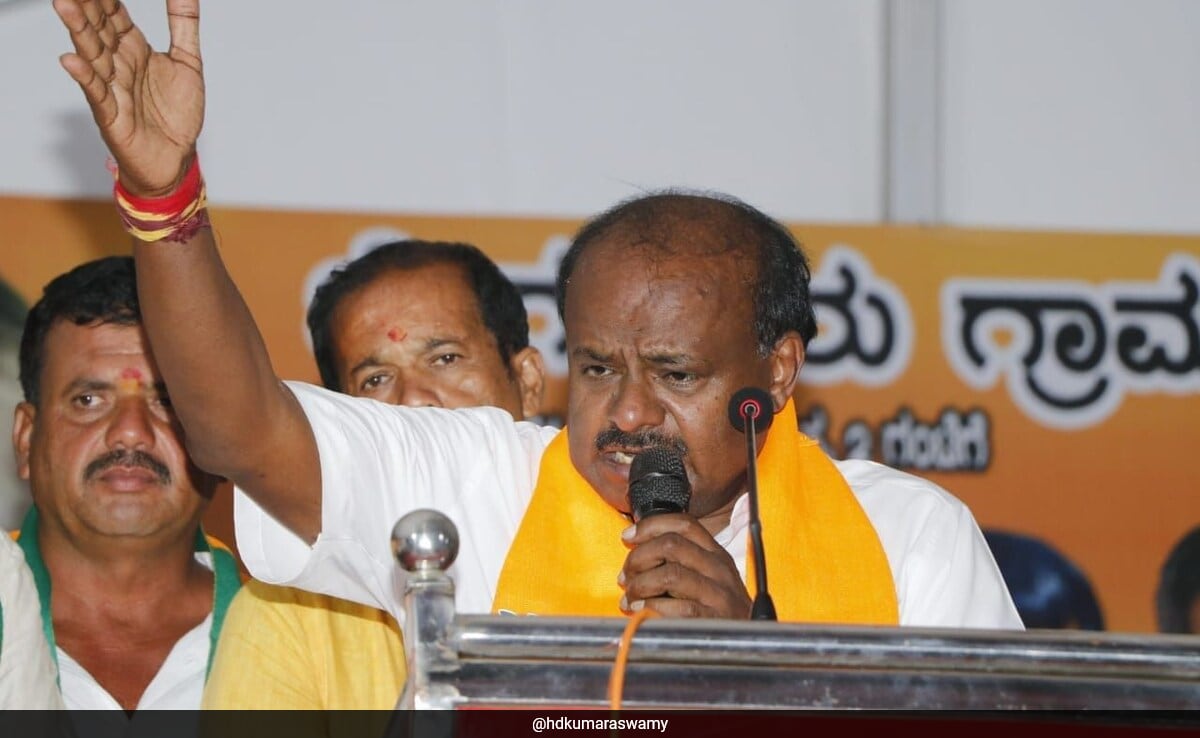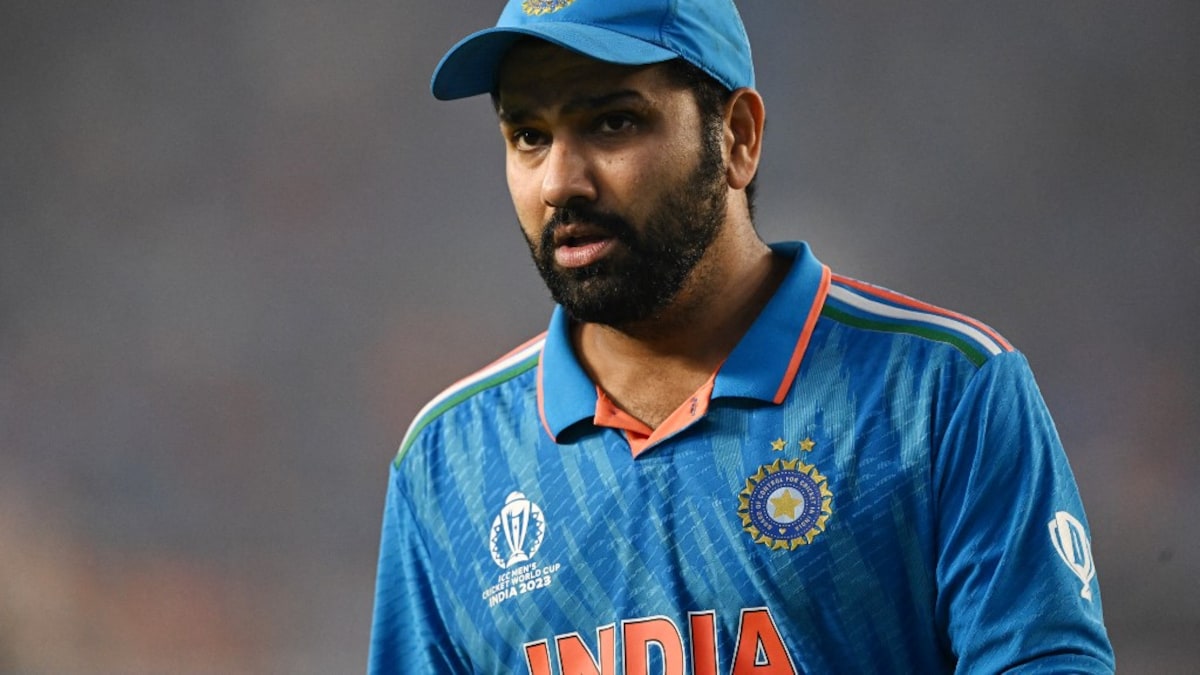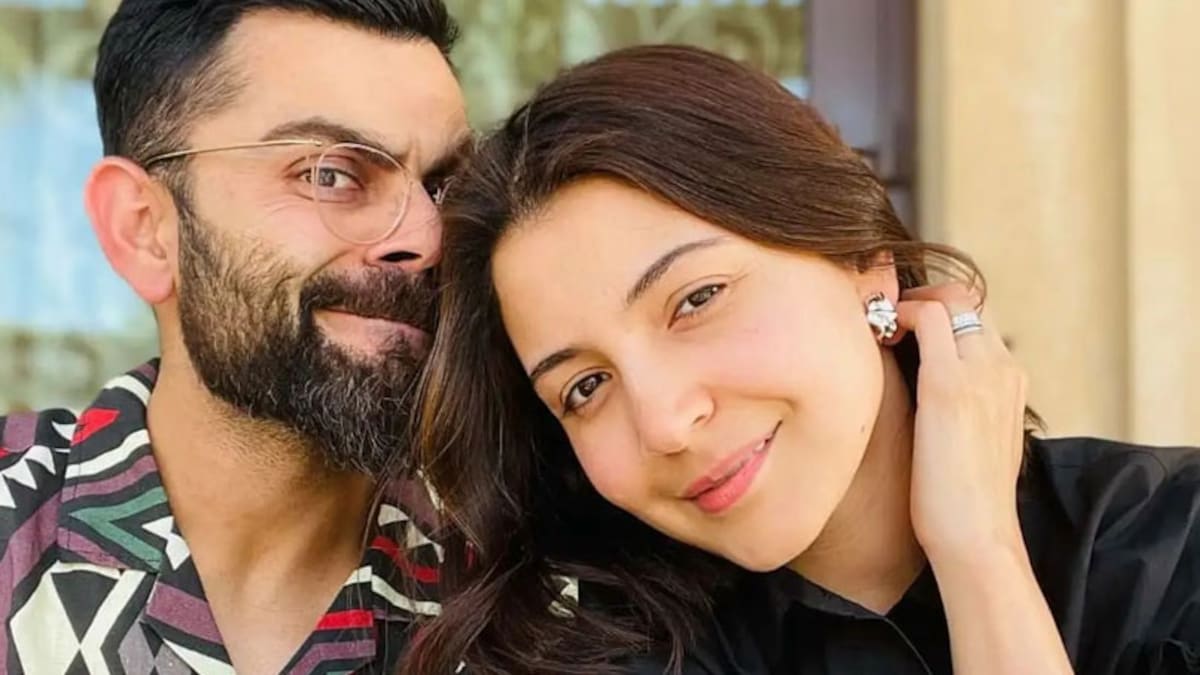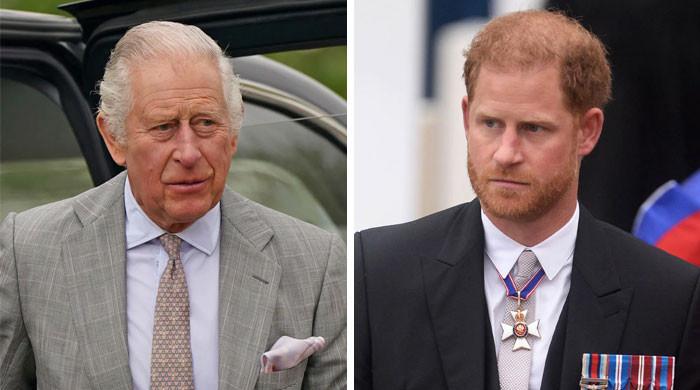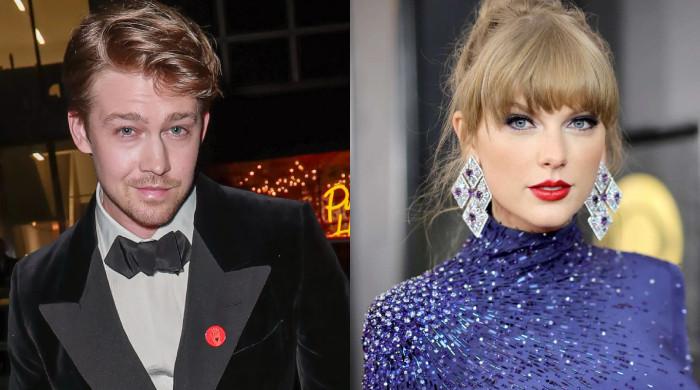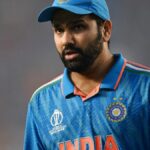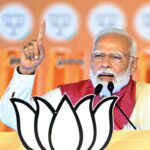
This time the problem is war, not drugs.
Paris:
Although the United Nations voted last year to abide by the Olympic Truce, the Paris Games will still be held under the shadow of the international conflict. The United Nations resolution is titled “Building a peaceful and better world through sport and the Olympic ideal.”
AFP looks at the fighting in Ukraine and the Middle East and tensions with countries, particularly Afghanistan, whose policies run counter to the Olympic Charter and could bring consequences for the Games, which take place from July 26 to August 11. Come to question.
Russian riddle
Russia’s continued doping resulted in the ban of the Russian delegation from the 2016 Rio Olympics and a ban on Russian athletes from representing Russia at the 2021 Tokyo Olympics, the 2018 PyeongChang Winter Olympics and the 2022 Beijing Winter Olympics.
This time the problem is war, not drugs. On February 24, 2022, four days after the Beijing Olympics and with the armistice still in effect, Russia invaded Ukraine.
The international outcry resulted in Russia and its Belarusian allies being immediately banned from most international sporting events. In October last year, the International Olympic Committee (IOC) suspended the Russian Olympic Committee over Russia’s annexation of sports organizations in four partially occupied Ukrainian regions.
The IOC, on the other hand, is keen to protect individual Russian athletes under the “non-discrimination” clause of the Olympic Charter.
It began planning their return to competition in March 2023 and authorized them to compete in the Games in December on the condition that they compete under a neutral flag, not march at the opening ceremony and prove they do not “actively support the war in Ukraine” and do not Affiliated with military or security agencies.
Ukraine is still pressing for a ban on Russians, but Kyiv dropped its threat of a boycott last summer.
The International Olympic Committee estimated in March that 36 Russians and 22 Belarusians should qualify for the Paris Games.
That left a recurring question: how representatives from warring nations would coexist at the Olympics.
Gaza: remain neutral
The International Olympic Committee is trying to maintain focus on the conflict in Gaza, citing its implementation of a “two-state solution”, a legacy of the 1993 Oslo peace process. Since 1995, the Israeli National Olympic Committee and the Palestinian National Olympic Committee (NOC) have coexisted within the IOC.
Israel has not breached the Olympic truce and its national Olympic committee has not annexed any Palestinian sports organizations, but Israel’s retaliation for Hamas’s bloody October 7 attack destroyed the headquarters of the main Palestinian sports body and left members, including sports leaders, The deaths of many sports stars, including celebrities. Football team coach.
Neither the Palestinians nor any Arab country has threatened to boycott the Olympics if Israel participates.
This has forced the IOC to adopt a two-pronged approach. It relies on its “universal status” to guarantee the presence of Palestinians, who may have difficulty passing traditional qualifiers. It also focused on security issues, as it has done at every Olympics since 1972, when 11 Israelis were murdered when the Munich Olympic delegation was attacked by members of a Palestinian extremist group.
Iran-Israel: Escalating uncertainty
It is difficult to assess the impact of the escalating conflict on the Olympics. Warring nations such as Iran and Iraq also participated in the same Olympics. The IOC’s principle of separating sport from politics means being in a state of war is not in itself a reason for exclusion. There are renewed concerns about how athletes from both countries will live together in the Olympic Village and their behavior during games. Iran punished athletes for shaking hands with Israelis and urged them not to compete against Israeli opponents.
Afghanistan: Pressure cautiously
The Taliban’s return to power in 2021 puts the International Olympic Committee in a dilemma. It wants to help athletes and support staff remaining in Afghanistan, but restrictions on women’s participation in sport violate Olympic principles.
The International Olympic Committee has been asking Afghan authorities to ensure “the safe participation of women and girls in sport.” The IOC also provides financial aid to athletes and gives itself the option of cracking down on the country’s national Olympic committee, such as by refusing to grant authority to Paris Olympic officials.
In mid-March, the Olympic body pledged to do “everything possible” to ensure a “gender-respecting” Afghan team at the 2024 Games. The IOC “does not believe that isolating the Afghan sports community at this time is the wise and right approach,” said James MacLeod, the IOC’s director of Olympic solidarity.
(Except for the headline, this story has not been edited by NDTV staff and is published from a syndicated feed.)
Follow us on Google news ,Twitter , and Join Whatsapp Group of thelocalreport.in

